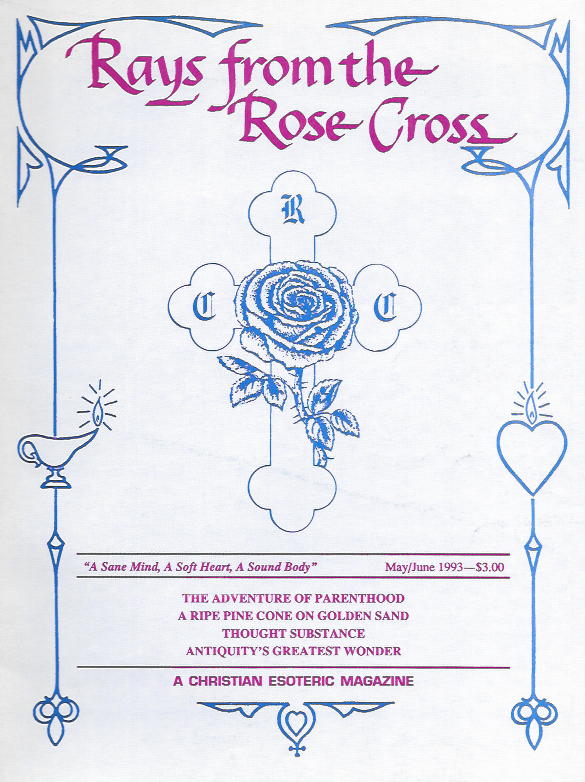
| rosanista.net | ||
| Simplified Scientific Christianity |

Then cometh Jesus with them unto a place called Gethsemane, and saith unto the disciples, Sit ye here, while I go and pray yonder.
And he took with him Peter and the two sons of Zebedee, and began to be sorrowful and very heavy.
Then saith he unto them, My soul is exceeding sorrowful, even unto death: sorry ye here, and watch with me.
And he went a little farther, and fell on his face, and prayed saying O my Father, if it be possible, let this cup pass from me: nevertheless not as I will, but as thou wilt.
And he cometh unto the disciples and findeth them asleep, and saith unto Peter, What, could ye not watch with me one hour?
Watch and pray that ye enter not into temptation: the spirit indeed is willing, but the flesh is weak.
He went away again the second time, and prayed, saying, O my Father, if this cup may not pass from me, except I drink it, thy will be done.
And he come and found them asleep again: for their eyes were haevy.
And he left them, and went away again, and prayed the third time, saying the same words.
Then cometh he to his disciples, and saith unto them, Sleep on now, and
take your rest: behold, the hour is at hand, and the Son of man is betrayed
into the hands of sinners.
— Matt. 26:36-45.
In Gethsemane, the Garden of Sorrows, we find a converging of the two paths: the head and the heart. Here the Christian Mystic becomes filled with a compassionate realization of the world's woe, and the occultist finds the burning heart of love which alone can give joy and zeal in the quest.
By the time the aspirant has reached this point on the Path he has become a Man of Sorrows, acquainted with grief as only he can be. He has become so attuned to the suffering of his fellow men that he feels their every pang as his own and stores it up within his heart. Through utter renunciation of self he has drunk deeply of the cup of sorrow, draining it to the very dregs. By means of cumulative pain which seems about to burst his heart he pours out his very being in an unreserved and unstinted effort to heal and solace humanity.
Having partaken of the cup of sorrow to the full, being deserted by all, he is torn by that temporary but awful fear of being utterly alone, which is doubtless the most terrifying experience that can come into the life of a human being. Dark indeed seems all the world about him, and he realizes that the powers of darkness are anxiously seeking to slay him.
However, "when we are on the pinnacle of grief we are nearest to the throne of grace. The agony and the grief, the sorrow and the suffering borne within the Christian Mystic's breast are more priceless and precious than the wealth of the Indies, for when he has lost all human companionship and when he has given himself over unreservedly to the Father a transmutation takes place: the grief is turned to compassion, the only power in the world that can fortify a man about to mount the hill of Golgotha and give his life for humanity, not a sacrifice of death, but a living sacrifice, lifting himself by lifting others."
Those Christians who follow in His steps experience (in a measure, at least) the yearning love expressed in Christ's words: "Jerusalem, Jerusalem, how often would I have gathered thy children together, even as a hen gathereth her chickens under her wings;" a brooding, achingly protective love which asks nothing for self save only the privilege to shield and to cherish.
— Rays from the Rose Cross Magazine, March, 1976, page 122

|

|

|
|
|
Contemporary Mystic Christianity |
|
|
This web page has been edited and/or excerpted from reference material, has been modified from its original version, and is in conformance with the web host's Members Terms & Conditions. This website is offered to the public by students of The Rosicrucian Teachings, and has no official affiliation with any organization. | Mobile Version | |
|